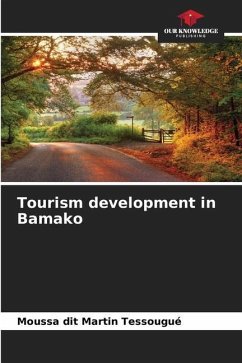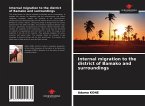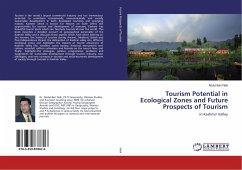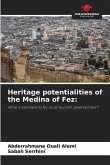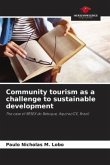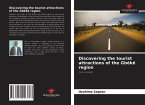Bamako attracts around 60% of the 206,677 visitors to Mali every year, thanks to the country's most modern urban infrastructure. Our research methods have enabled us to identify the various problems facing tourism in the Malian capital. To overcome these various problems inherent to tourism in the District of Bamako, we suggest the return of security on a national level. On a regional level, it would be advisable to make collaboration between tourism players (state institutions, private sector: hoteliers, tour operators, etc.) more dynamic, and to take advantage of the decentralization policy to increase the involvement of local governance in the organization of tourism activities in the District of Bamako. We therefore believe, inductively, that if these few tourism handicaps are overcome in Bamako within a secure national framework, Mali could occupy a prime position among tourist destinations in the UEMOA zone and in West Africa.
Bitte wählen Sie Ihr Anliegen aus.
Rechnungen
Retourenschein anfordern
Bestellstatus
Storno

